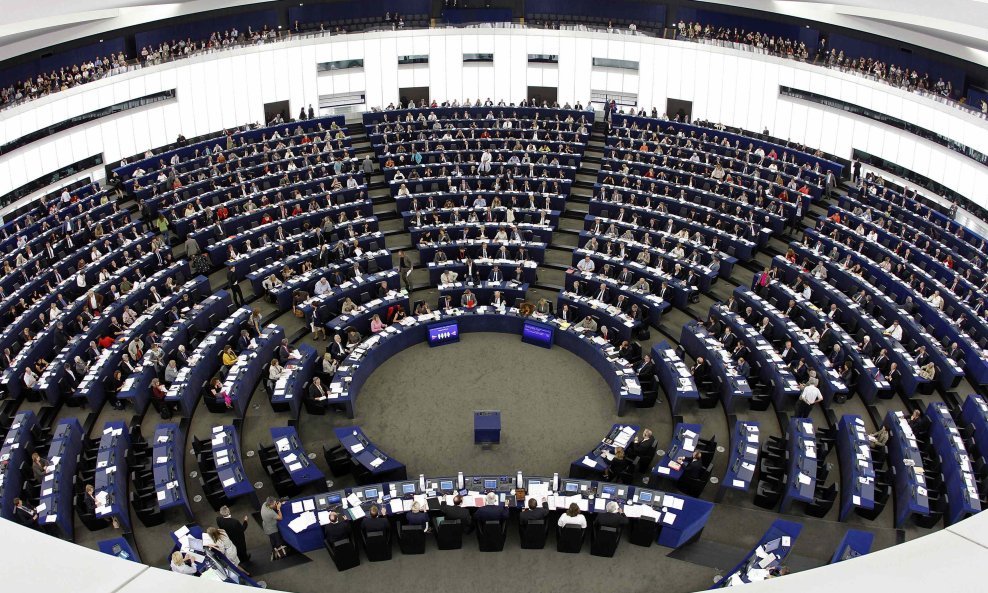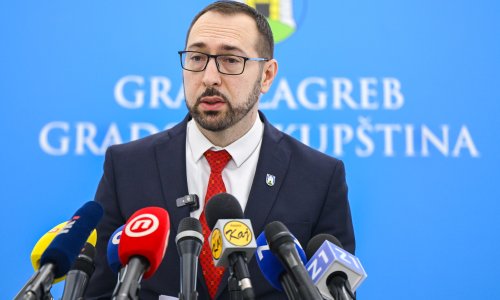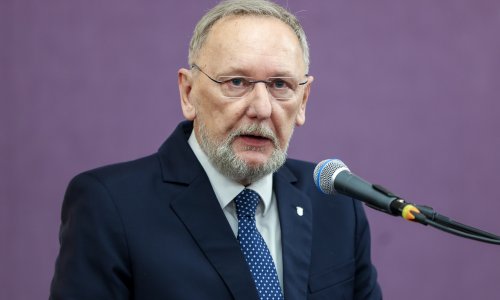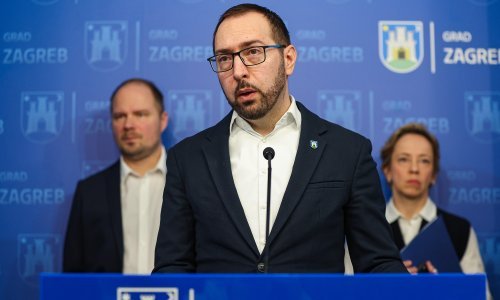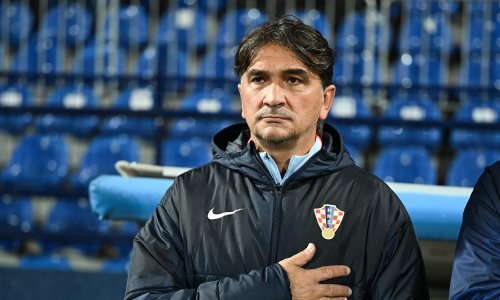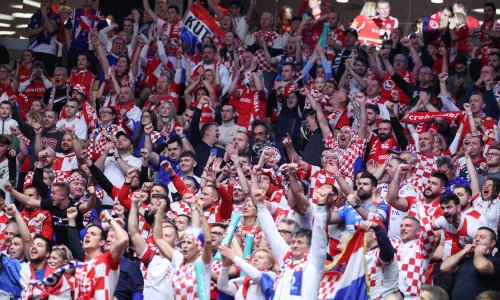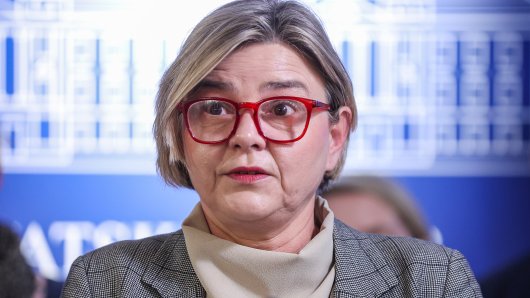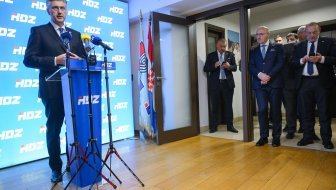The European Parliament's Committee on Foreign Affairs in Brussels on Tuesday adopted by majority vote a motion for a resolution on Croatia which welcomes it as the European Union's 28th member and rejects a proposal to introduce post-accession monitoring.
Sixty MEPs voted for the motion, two were against and four abstained. The motion will now be sent to the EP for discussion and voting at a plenary session in April.
MEPs submitted 62 amendments to the motion on the Comprehensive Monitoring Report on Croatia's preparedness for membership, prepared by the EP rapporteur on Croatia, Czech Social Democrat Libor Roucek. He managed to condense most of the amendments into six compromise amendments in agreement with representatives of all political groups.
Romanian MEP Monica Macovei's amendment to introduce post-accession monitoring was not included in the compromise amendments. She insisted that her amendment be voted on and only she and Romanian MEP Dan Preda voted in favour.
During Monday's discussion on the motion, a number of MEPs assessed that post-monitoring would bring into question the new concept of negotiations that was used with Croatia to avoid mistakes that were made in negotiations with Bulgaria and Romania, which entered the EU unprepared.
Also rejected was Slovenian MEP Ivo Vajgl's amendment condemning some statements and actions by the Catholic Church in Croatia as not improving European standards or honouring different minorities. He said that some Church dignitaries regularly and openly called for intolerance towards LGBT persons.
During the discussion, Roucek and some other MEPs said that singling out only one institution, like the Catholic Church, would be inappropriate for the text of the resolution.
In the text, the EP "looks forward to welcoming Croatia as the 28th member of the EU as of 1 July 2013" after the legally binding vote in the EP on 1 December 2011 on Croatia's accession and in accordance with the date the European Council defined in the accession treaty.
The EP "expresses its confidence in the strength and maturity of Croatia's democracy and social market economy, its adherence to European values, and capacity to fulfill the obligations of membership."
The motion for the resolution supports the efforts of Slovenia and Croatia to find a solution to the Ljubljanska Banka issue in a constructive way, and "recalls that issues of a bilateral nature must not be used to impede the integration processes of current or future applicant countries". In this context, all member countries are invited to ratify Croatia's accession treaty "in a timely manner."
Croatia is called on to continue playing a constructive role in regional cooperation and to fully implement the declaration on the promotion of European values in Southeast Europe, which its parliament adopted on 21 October 2011. All countries in the region are called on to accept and implement similar positions, while the Commission is asked to help them with that.
In the declaration, Croatian MPs said that Croatia would not use outstanding bilateral issues to block its neighbours' progress in European integration.
The motion for the resolution underlines the importance of an independent judiciary, a professional and responsible public administration and the rule of law.
Croatia is encouraged to take further action to improve the independence, responsibility, impartiality and efficiency of its judicial system, inter alia by reducing the number of backlog cases, by upgrading legislation on decision enforcement, and by applying a new system for judges' declarations of assets.
MEPs note "that Croatia has put in place a solid institutional and legal framework for combating corruption" and call on the Croatian authorities to step up efforts in the fight against corruption, fraud and fund misuse, and to continue to strictly enforce the anti-corruption measures.
The authorities are also urged to show results in the prevention of conflict of interest, the fight against corruption and organised crime, implement an action plan for judicial reform, and improve the implementation of legislation on property confiscation.
The EP underlines the need for sustainable measures in the fight against corruption and organised crime as well as for judicial reform to the benefit of citizens. It also underlines that independent investigative journalism should be encouraged as vital for uncovering corruption and organised crime.
The resolution is not legally binding but represents a political message to an accession candidate country. Given that Croatia is scheduled to join the EU in a few months, the resolution, expected to be voted on at a plenary session in April, will be the last resolution on the country's progress.
Speaking after the vote, Roucek said he was satisfied with it.
This is a very good and positive result for Croatia, which we have welcomed as the 28th member. This is good for the European Union, it's good for the Croatian people, a people which is in the heart of Europe. Croatia's EU entry will also be a great opportunity to modernise the country and improve its living standards, he said.
Roucek added that by rejecting Macovei's amendment, MEPs said that Croatia was entering the EU prepared and that everyone in Croatia, including the government and MPs, realised that the rule of law and the fight against corruption were a lasting process as in other member countries.



